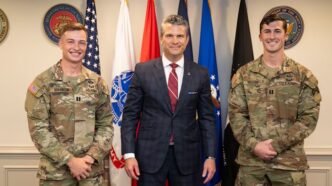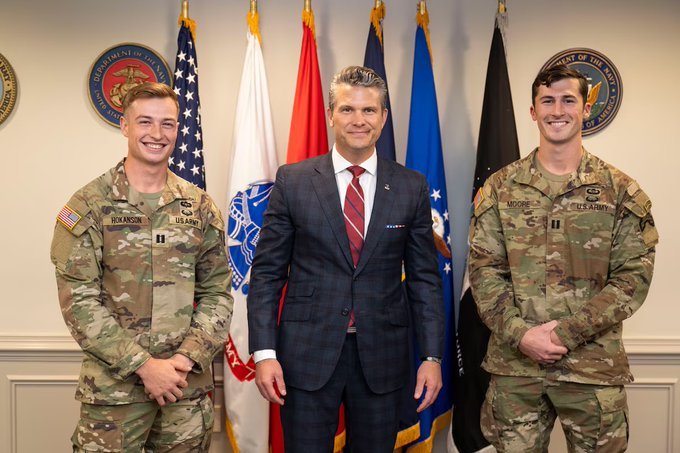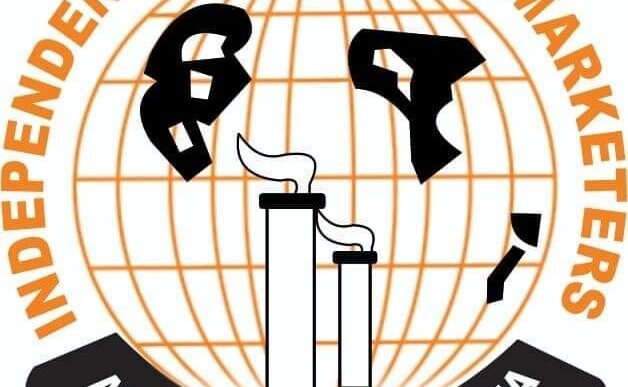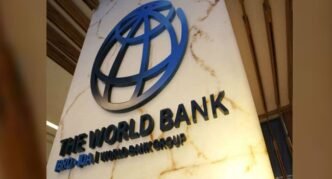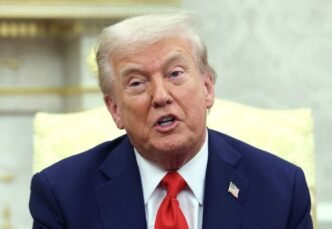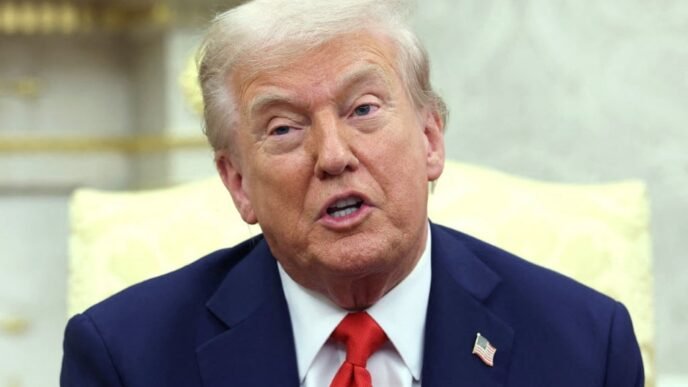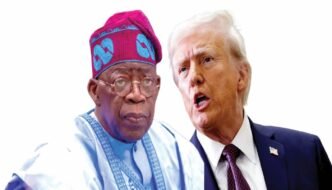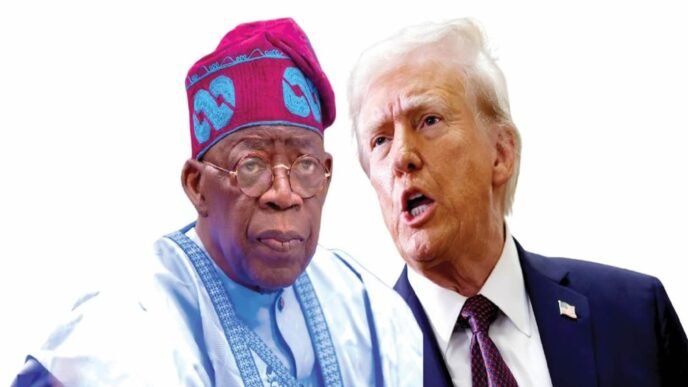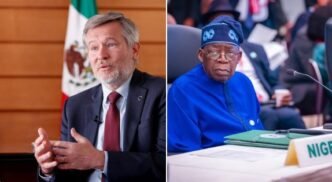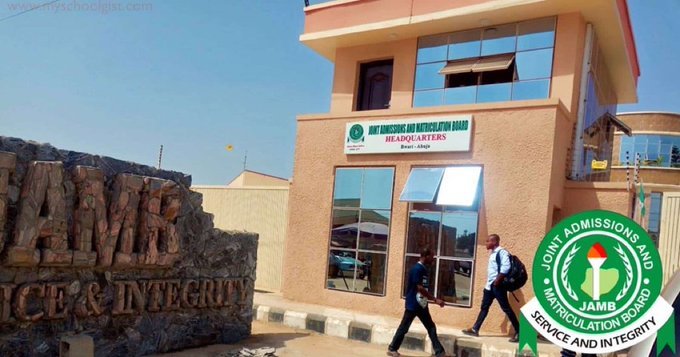November 2, 2025
In a development that has heightened global attention on Nigeria’s internal security challenges, the United States Secretary of War, Pete Hegseth, has declared that the U.S. War Department is “preparing for action” in response to what Washington describes as ongoing killings of Christians in Nigeria.
Hegseth’s statement, made on his verified X (formerly Twitter) account on Sunday, follows similar warnings from U.S. President Donald Trump, who had earlier accused the Nigerian government of failing to protect Christian communities. The message has stirred widespread diplomatic concern and triggered strong reactions from officials in Abuja.
“The killing of innocent Christians in Nigeria — and anywhere — must end immediately,” Hegseth wrote. “The Department of War is preparing for action. Either the Nigerian Government protects Christians, or we will kill the Islamic terrorists who are committing these horrible atrocities.”
The statement marks a rare and serious escalation of rhetoric from Washington against one of Africa’s largest democracies and a longstanding U.S. ally in the fight against terrorism.
A Warning Echoing Trump’s Threat
Hegseth’s comments came just days after President Donald Trump ordered the U.S. War Department to “prepare for possible action” in Nigeria, citing what he called “systematic persecution of Christians.” Trump also announced a temporary suspension of U.S. aid to Nigeria pending “a full review of the government’s human rights record.”
In his earlier statement, Trump said, “The killing of Christians in Nigeria must stop. The U.S. will no longer fund or support any government that allows genocide or religious persecution. If Nigeria cannot protect its Christian citizens, we will.”
The coordinated messaging between the President and the Secretary of War indicates a potential policy shift in Washington’s approach to Africa’s most populous nation — one that could have far-reaching diplomatic and security implications.
Nigerian Government Reacts
The Nigerian government swiftly rejected the claims, calling them “unsubstantiated and dangerously inflammatory.”
Minister of Information and National Orientation, Mohammed Idris, said in a press briefing that Nigeria does not condone religious persecution of any kind and remains committed to protecting all citizens regardless of faith or ethnicity.
“We strongly condemn any attempt to portray Nigeria as a country that supports or encourages the killing of Christians,” Idris stated. “Nigeria is a multi-religious society where both Christians and Muslims live side by side. Violence in certain regions is driven by criminal elements and extremist groups, not by government policy.”
The Nigerian Ministry of Foreign Affairs also announced plans to summon the U.S. Ambassador to Nigeria for clarification regarding Hegseth’s remarks.
A senior official at the ministry, speaking under anonymity, said the government “will not tolerate external threats that undermine our sovereignty.”
Security Situation in Nigeria
Nigeria has faced multiple overlapping security crises over the past decade, including Islamist insurgencies in the northeast, armed banditry in the northwest, separatist violence in the southeast, and farmer-herder clashes in the central region.
Groups like Boko Haram and the Islamic State in West Africa Province (ISWAP) have targeted both Christians and Muslims in attacks that have killed tens of thousands and displaced millions.
While there have been attacks on Christian villages and church congregations, security analysts note that the violence is complex and not exclusively religious. Many conflicts are driven by resource competition, banditry, or local grievances.
Dr. Adewale Fashola, a conflict researcher at the Centre for Peace and Strategic Studies, University of Ibadan, said it is misleading to classify Nigeria’s insecurity as purely religious.
“Violence in Nigeria is multi-dimensional,” he explained. “Yes, there are extremist attacks against Christian communities, but there are also hundreds of Muslim victims of the same terror groups. Simplifying it as Christian persecution ignores the broader picture.”
Global Reactions and Concerns
Hegseth’s post quickly went viral, prompting reactions from foreign policy experts, religious organizations, and global human rights groups.
The United Nations expressed concern over the escalating rhetoric and called for restraint. A UN spokesperson in Geneva said that any foreign intervention must comply with international law and respect Nigeria’s sovereignty.
“The United Nations urges all parties to prioritize diplomacy, verification of facts, and protection of civilians,” the statement read.
The African Union also warned against “external military interference” in a member state’s internal affairs, urging the U.S. to engage through diplomatic channels.
Regional bodies like ECOWAS (Economic Community of West African States) have not issued an official statement but sources close to the bloc say Nigeria’s government is consulting its allies in the region.
Implications for U.S.–Nigeria Relations
The United States and Nigeria have enjoyed a long history of cooperation in trade, counterterrorism, and development. Washington is one of Nigeria’s largest foreign investors, and both countries have partnered closely on security programs aimed at combating terrorism in the Sahel.
Analysts warn that a military confrontation — or even the threat of one — could severely damage these relations.
Dr. Patrick Okon, a political scientist at the University of Abuja, said that Hegseth’s statement represents “a dangerous overreach.”
“The U.S. has every right to speak on human rights, but threatening military action against a sovereign state crosses a line,” Okon said. “It risks undermining years of partnership and could destabilize West Africa.”
He added that such rhetoric might also embolden extremist groups who would use anti-American sentiment to recruit followers.
A Shift in Washington’s Tone
Observers say the rebranding of the U.S. Department of Defense to the “Department of War” under President Trump’s administration marks a return to more aggressive posturing in foreign policy.
Pete Hegseth, a decorated U.S. Army veteran and close ally of Trump, was appointed as Secretary of War earlier this year after the restructuring of the U.S. defense establishment. His comments often align closely with the President’s rhetoric, reflecting a unified but confrontational stance toward perceived threats abroad.
This latest development suggests a potential revival of interventionist tendencies reminiscent of past U.S. military engagements, though it remains unclear how far Washington intends to go.
Experts Urge Diplomacy and Verification
International observers have urged caution and called for independent verification of claims before any military action is considered.
Human rights groups, including Amnesty International and Human Rights Watch, have documented violence against both Christians and Muslims in Nigeria but have not characterized it as government-sponsored persecution.
Professor Nnenna Eke, an expert in international relations at the University of Lagos, advised both governments to seek dialogue rather than confrontation.
“The situation requires cooperation, not threats,” she said. “Nigeria must strengthen internal security and accountability, while the U.S. should provide support through intelligence sharing, humanitarian aid, and capacity building — not bombs.”
Diplomatic Channels and Next Steps
The Nigerian Presidency is reportedly preparing an official statement in response to Hegseth’s comments. Sources at the Presidential Villa in Abuja said President Bola Tinubu has directed the Ministry of Foreign Affairs and the National Security Adviser to open communication channels with Washington to clarify the issue.
Meanwhile, members of Nigeria’s National Assembly have urged the Federal Government to treat the U.S. remarks as a “serious diplomatic affront.”
Senator Ali Ndume, Chairman of the Senate Committee on Defence, said, “Nigeria is not a puppet state. We are capable of addressing our security challenges. Any external power that threatens force must be resisted diplomatically and politically.”
As of Sunday evening, there was no formal military movement or announcement from the U.S. beyond Hegseth’s post. However, analysts warn that the coming days will be crucial in determining whether the crisis escalates or de-escalates through dialogue.
Conclusion
The United States’ warning to Nigeria marks one of the most serious diplomatic flashpoints between both nations in recent years. With U.S. officials openly discussing “military action” and Nigeria pushing back against what it calls “external interference,” the episode underscores growing global tensions around religion, security, and sovereignty.
While both sides have much to lose from confrontation, experts say diplomacy remains the most viable path forward.
As Nigeria continues to battle terrorism and internal unrest, international cooperation — not conflict — will be critical in ensuring stability, protecting civilians, and preserving the long-standing U.S.–Nigeria partnership.

